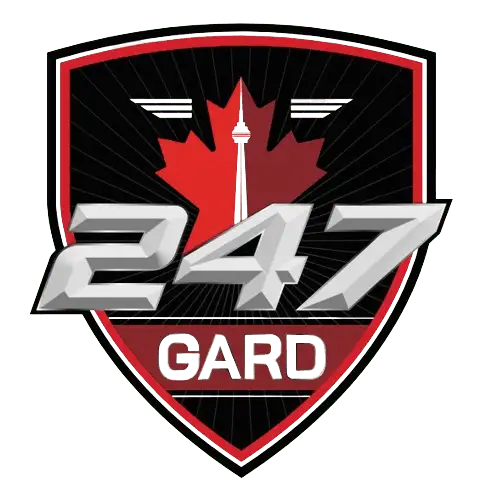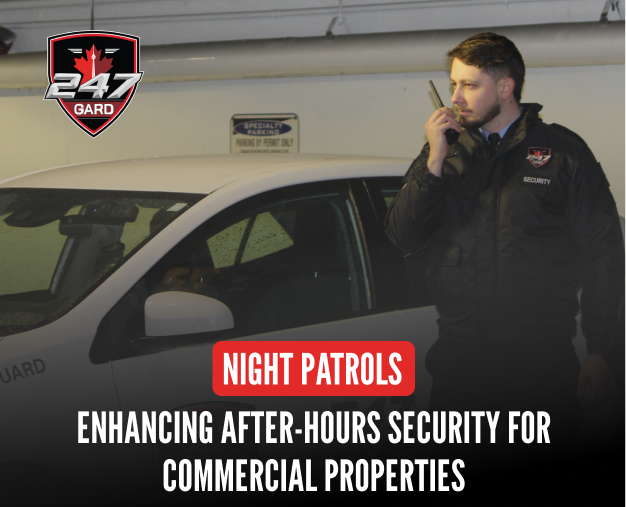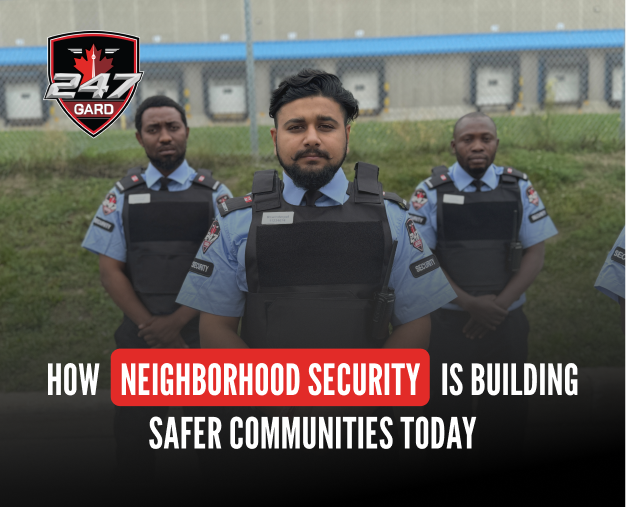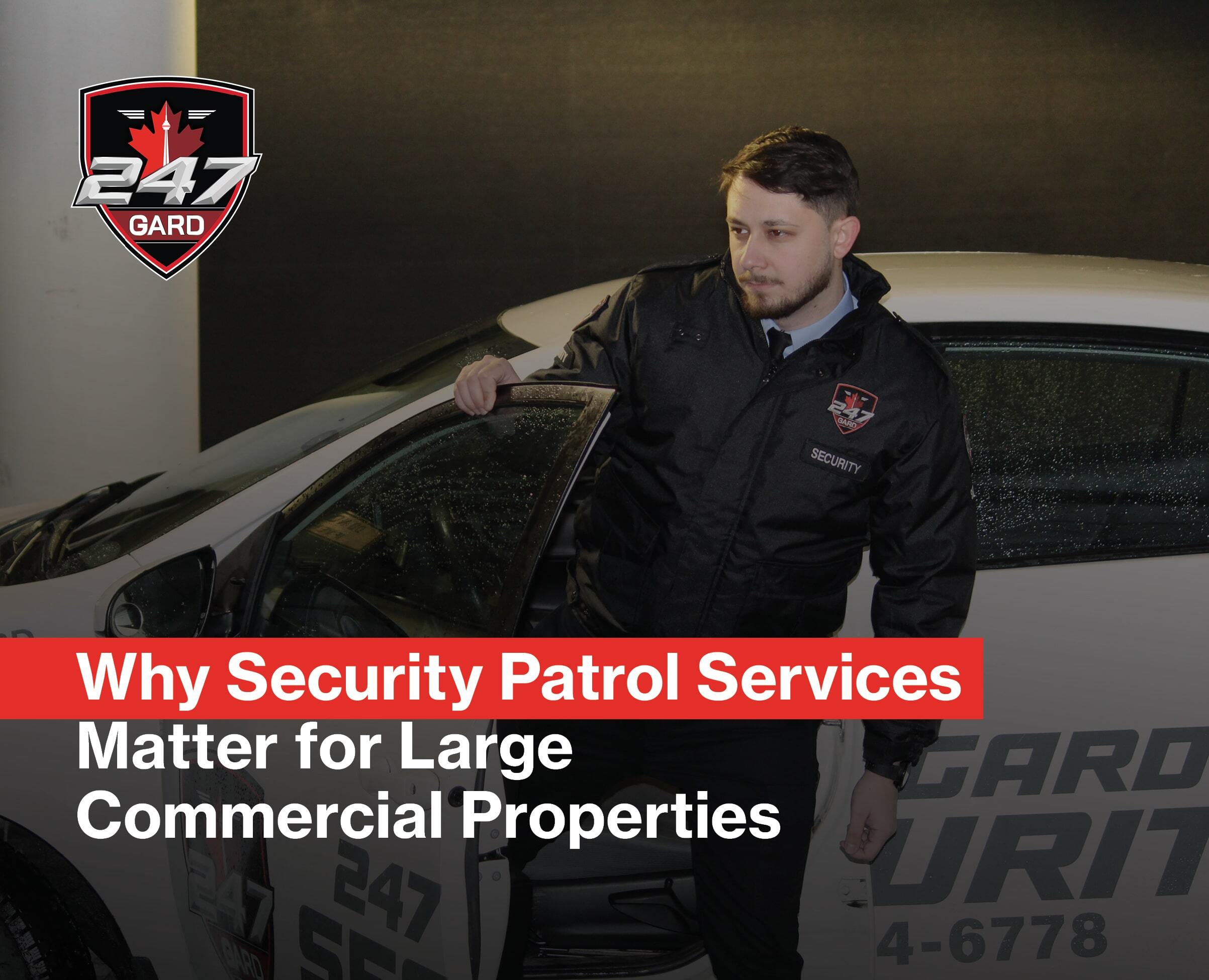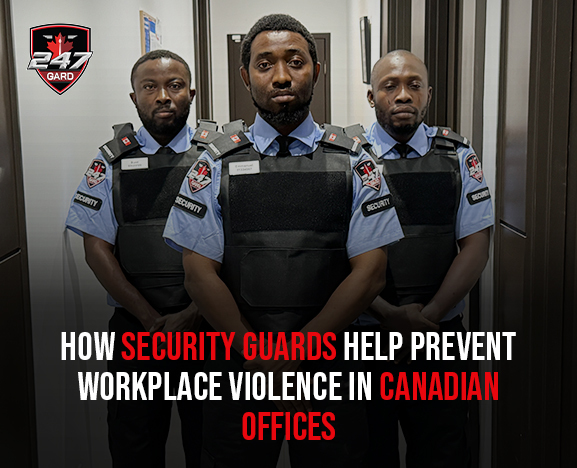Canadian Laws and Regulations Governing Mobile Patrol Security
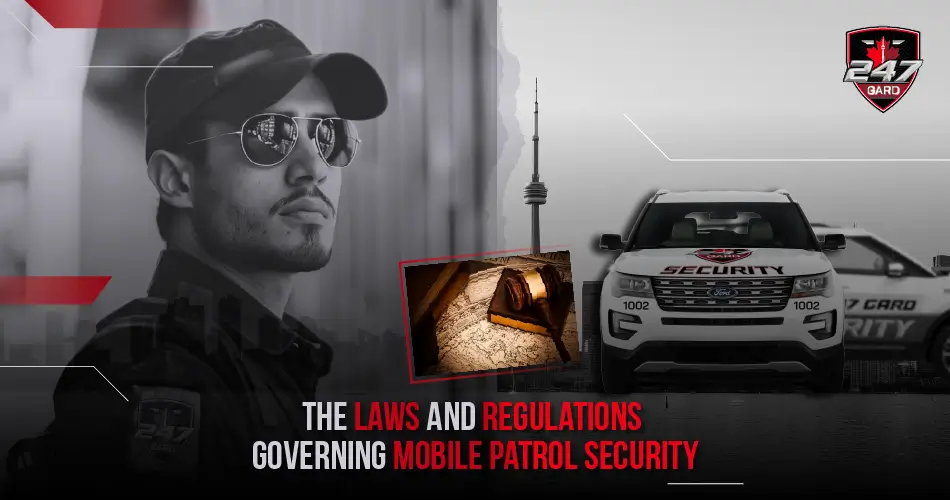
Mobile Patrol security in Canada significantly protects events, communities and businesses. However, the operations of mobile patrol security are governed by various laws and regulations prepared by certain federal statutes/orders or issued according to provincial enactments.
For a basic understanding of the legal environment of mobile patrol security in Canada, we need to analyze a few major laws; The Security Services Act, the Criminal Code of Canada, the Firearms Act, Privacy Laws, and the Private Security and Investigation Services Act, 2005 (PSISA).
Some key areas these laws cover are licensing, use of force, and breaching private property’s responsibilities right up to privacy regulations. Following these rules, the security companies and guards can perform on legal grounds while playing their role in providing a safe and secure environment.
Legal Framework for Mobile Patrol Security
While ensuring a safe and secure environment for everyone, mobile patrol security guards and security providers are bound by the following legal framework;
Security Services Act
The Security Services Act is a federal law of Canada. It is the cornerstone of the legal framework for mobile patrol security, and security providers and establishes the national standards for the licensing and enforcement of security guard training.
Provinces have the authority to add additional laws and regulations on security according to their jurisdiction, and they even have their legislation on security services — Alberta: Security Services and Investigators Act, British Columbia: Security Services Act, and Nova Scotia: Security and Investigative Services Act.
Private Security and Investigative Services Act, 2005 (PSISA)
The Private Security and Investigative Services Act. 2005 is a provincial law in Ontario, Canada. This law regulates private security, mobile patrol security, and the investigation industry. This law ensures that security guards and private security officials are well-qualified and ethically working. This law professionalizes Ontario’s security industry, covering primarily security guards and private investigators. It has the following regulatory measures;
- Licensing
- Training
- Code of Conduct
- Background Checks
- Complaint Process
Criminal Code of Canada
The Criminal Code of Canada deals with a wide range of criminal activities and allows one to make an arrest. Mobile patrol security guards have a specific skill set that complements other security measures. They are not the cops, but they can arrest a suspicious person upon detection. Section 494 of the Criminal Code of Canada states that even a general public member can arrest someone suspected of a crime when necessary.
Additionally, regarding the mobile patrol, a security guard can detain any person breaching the peace under section 30 of the Criminal Code of Canada. This section is more like a preventive remedy, which means the mobile patrol security must have a valid reason to detain someone.
Firearms Act
Not everyone in Canada can carry firearms, but mobile patrol security can if they comply with the firearms laws and regulations and have valid licensing as required. It’s important to note that not all mobile patrol security guards carry firearms. Firearm carry is regulated and requires special authorization.
However, firearms have some exceptions that focus on the businesses and services where firearms are a must for safety. In Canada, mobile patrol security can carry firearms with the proper licensing from the security provider company.
Core Regulations for Mobile Patrol Security
There are a few core regulations for mobile patrol security they must comply with;
Licencing and Training
To operate in Canada as a mobile patrol security requires valid security guard licensing. This licensing process involves different aspects, including background checks and mandatory training programs. These training programs give the necessary knowledge and skills to perform their duties more effectively. Core training programs mainly cover the following aspects;
- Solving Conflict
- Use of Force as Needed
- Law Enforcement
- First aid and CPR
Use of Force
The use of force by mobile patrol security officers is strictly regulated under the various provincial laws in Canada. Mobile patrol security guards must first identify the most violent situation and prioritize de-escalation techniques. They can utilize force as their last option to minimize any breach of peace.
Additionally, the Criminal Code of Canada explains the legal justification for self-defense and arrest, an essential guideline for mobile patrol security guards. In this scenario, security guard provider companies ensure that their guards are well-trained and well-informed about using force and enforce clear policies and actions in various situations.
Privacy Consideration
Mobile patrol security typically refers to security guards who navigate public spaces and private properties as required. These guards must be aware of the public’s privacy rights while fulfilling their duties.
While collecting data through video surveillance and other means, they need to adhere to the federal privacy laws—the Personal Information Protection and Electronic Documents Act (PIPEDA). This Act includes getting consent for data collection (where needed and applicable by the Act), anonymizing data, and adhering to strict data disposal policies.
Reporting Requirements By the Security Officials
Mobile patrol security guards may encounter various incidents during their patrols, including any suspicious activity or a criminal offense occurring in front of them. Understanding reporting requirements is essential.
Depending on the nature of the incident, security guards are sometimes required to report it to security companies, local law enforcement, or other regulatory bodies according to the jurisdiction. Clear and concise reporting ensures timely intervention and investigates the incidents accordingly.
Conclusion
An overall understanding of Canadian laws and regulations for mobile patrol security guards eventually strengthens both security providers’ and security guards’ confidence in their ability to perform their duties. By adhering to Canada’s legal framework, mobile patrol security guards establish a more secure environment for different communities and businesses across Canada.
247 Gard Security adheres to the laws and regulations of Canadian soil and ensures the quality of service to its customers. We strictly abide by the rules and local laws regarding privacy and security. Our mobile patrol security guards are well-versed in the legal framework of Canada and its provinces; that’s what makes us unique in the security industry. Feel free to contact us and Get a Quote for your customized security requirements.
